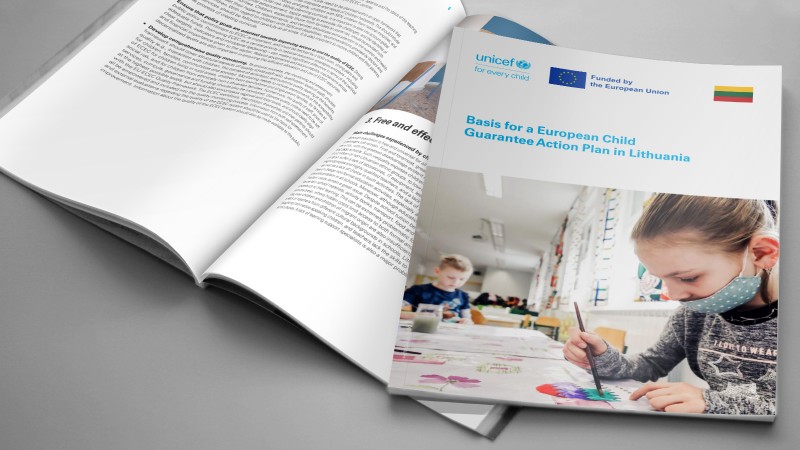The study was launched by the Directorate-General for Employment, Social Affairs & Inclusion (DG EMPL) of the European Commission to respond to a demand for further simplification of the ESF+ implementation process in the post-2020 period. This is PPMI’s second study with DG EMPL which deals with the development of ’Simplified cost options’ (SCOs). In addition, the latest study also includes solutions for the application of other result-based tools, such as ’Financing not linked to costs’ (FNLC).
The study considers options to exploit a range and mix of simplified funding instruments enabled and/or further expanded by policy decisions, such as the Commission’s proposal for the post-2020 Common Provisions Regulation. More specifically, this study assesses which types of off-the-shelf solutions would help to simplify the management of the ESF+ in the following two areas:
- sustainable integration of young people, especially those from disadvantaged backgrounds, into the labour market through transnational mobility schemes;
- community social services.
The recommended set of off-the-shelf solutions within the aforementioned areas consists of EU-level SCOs, EU-level results-based tools and Member State-specific SCOs:
- In the area of transnational mobility for disadvantaged youth, the study recommends a combination of
- an EU-level unit cost;
- an EU-level results-based tool, applied in the form of a top-up rate.
This combination should be useful in facilitating positive intervention outcomes beyond simple participation in a mobility programme. These outcomes are also expected to directly contribute to the objectives of ALMA (Aim, Learn, Master, Achieve), a new programme announced by the President of the European Commission, Ursula von der Leyen, during the State of the Union speech on 15 September 2021.
- In the area of community social services, the study recommends a combination of:
- an EU-level unit cost for personal (targeted) care services;
- two Member State-specific unit costs for services related to integration into the labour market and services related to tackling social exclusion;
- an EU-level lump sum payment for assistance in crisis and emergency situations (if preferred over an EU-level unit cost).
This combination takes into account, and is directly affected by, the heterogeneity observed between Member States with regard to intervention practices in the area of community social services.
For the publication of the final report and its accompanying annexes, please see here.








